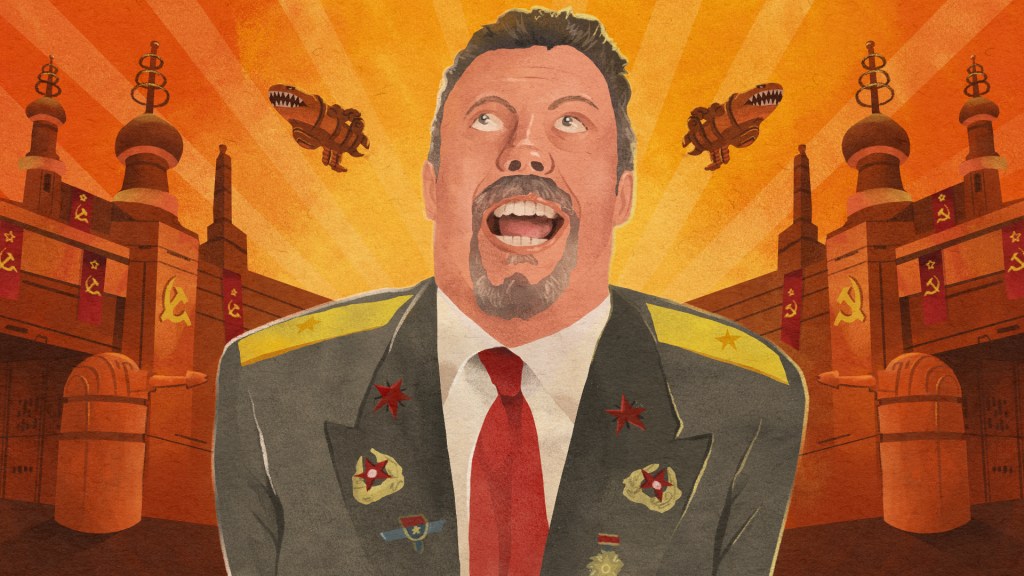In the summer of 1993, powerful feminine forces combined to produce perhaps the most iconic and enjoyable family film about witches. Hocus Pocus, set in Salem, Massachusetts, tells the story of the Sanderson sisters, three witches (portrayed by Bette Midler, Kathy Najimy, and Sarah Jessica Parker) who were executed in 1693 after magically feeding off the life force of children. Three hundred years later, on Halloween, a foolish virgin accidentally resurrects the sisters, who proceed to terrorize the town in an attempt to achieve immortality.
On Thursday, Deadline announced that Hocus Pocus is getting a remake. Though details are currently sparse, the news is thrilling for fans, who have endured years of rumors that a sequel was in the works. Actual witches, however, are genuinely concerned: Many are disturbed by the 1993 cult classic, and wonder whether the remake will take the opportunity to correct several wrongs in the original.
Videos by VICE
Zoe, a 20-year-old witch, tells Broadly that Hocus Pocus made her worried that she’d be treated “like a joke” for practicing magic when she first saw it five years ago. To Zoe, Hocus Pocus is somewhat harmful because it portrays “a real group of people” in a frivolous and stereotypical light. “I hope the filmmakers are sensitive to the fact that they can influence how the general public views witches and pagans, and I hope they make an effort for their portrayal to be more accurate than fantastical,” she said.
Contemporary critiques of Hocus Pocus from the pagan community tend to focus on the fact that witches and magic are real, that they’re not jokes, and that amplifying outdated stereotypes about the craft is damaging to the lived experiences of witches today. “Witches do not feed on children, fly on broomsticks, or worship Satan,” wrote one detractor in an article published on Odyssey Online. “Real witches also don’t have the ability to turn a teenage boy into a black cat. Everything in this movie can be seen as offensive to real witches, despite how beautifully magical it is.”
Sophie, a teen witch, also finds the movie disrespectful, and worries about the message it sends. “I have never been an advocate for movies produced about murderous witches who cast harmful spells,” she says. “This idea further perpetuates the stereotype that all witches are wicked and only cast curses or kill the people they dislike.”
“I sometimes hesitate before telling someone I’m a witch with fear that they will disregard or think of me a hateful, ghoulish person who boils frogs in their free time,” she adds.
But not everyone in the occult community takes issue with Hocus Pocus, recognizing its campy appeal. Sarah, a tarot reader and witch, describes the film as “perfect.” Growing up in Massachusetts, she and her friends would drive to Salem during Halloween. “I always felt a very personal connection to the story,” she affirms. “Even if it’s not an ‘accurate’ depiction of witchcraft, I think there’s a sense of magic about the film that I drew (and still draw) power from.”
“I remember wanting to put myself in a world like that—where magic was real, black cats could talk, and Halloween was really the one night of the year that the dead could come back,” she continues. “Many years later, my life doesn’t look 100 percent like that. But as a young witch, you need goals to reach for.”




